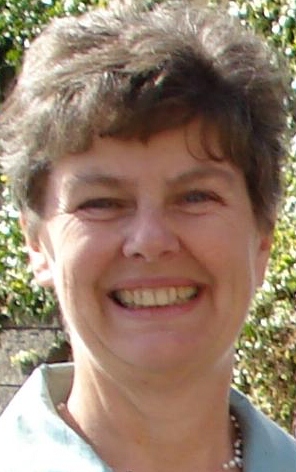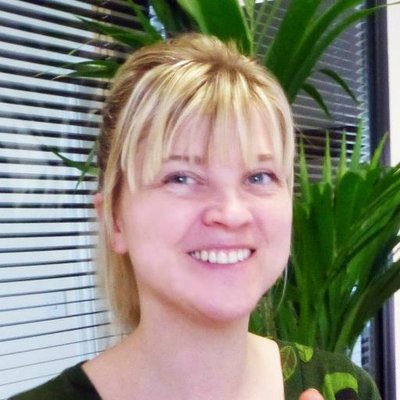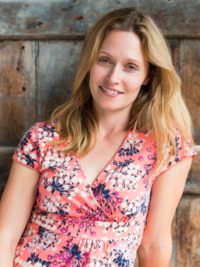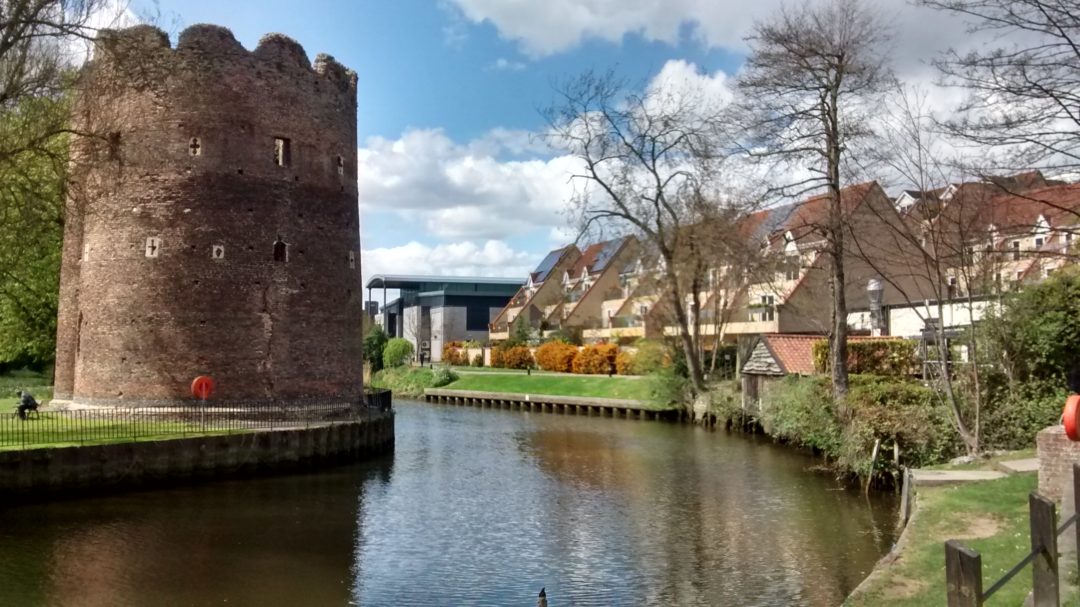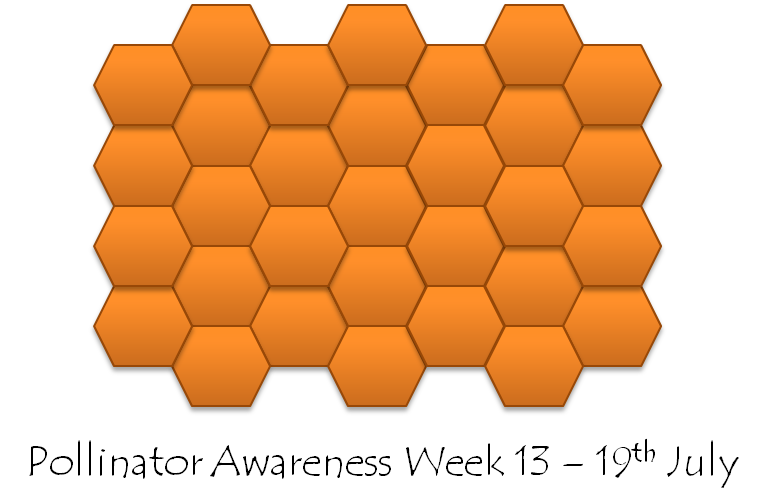New Report from Green Alliance
Land of opportunity is the name of the report see above. Restoring natural habitats on the least productive agricultural land would boost wildlife, help tackle climate change & raise farming incomes without harming food security. British farmers are facing several major challenges with rising costs, the impacts of climate change and new post-Brexit trade agreements.…
Article in The Guardian
Britain’s wetlands are the key to saving us from drought, wildfires and even floods Tony Juniper By restoring these natural wet assets that were neglected for decades we can mitigate the worst effects of climate change Fri 12 Aug 2022 07.00 BST Fresh water is the lifeblood of civilisation. It makes life on land possible.…
Natural Capital Initiative
Natural Capital Initiative Spring newsletter 2021 This spring we been thinking and talking about the Dasgupta Review on the economics of biodiversity and what it means for the science and policy communities. The NCI has offered its natural capital priorities for coping with change while we wait for the “super year for nature” to pick up…
Thought Piece, Natural Capital Evaluations
A certain credit card has had an advertising campaign which has used the notion that there are certain things in life which we hold so dear that we cannot put a price on them. Currently there are areas of natural capital which fall into the same category: priceless. So how, then, can we begin to…
The Naturalness of Being
“Trees are sanctuaries. Whoever knows how to speak to them, whoever knows how to listen to them, can learn the truth. They do not preach learning and precepts, they preach, undeterred by particulars, the ancient law of life” Hermann Hesse, Bäume. Betrachtungen und Gedichte German born Swiss poet and…
Nature is a special subject
All too often, we stay in our little boxes. Scientists talk to scientists, artists talk to artists, writers talk to… themselves (well, I do anyway). It is a rare and special subject that brings people together, across disciplines and from a wide range of organisations. Nature is that special subject. It is all at once…
River Wensum Strategy for Norwich
The EDP has published a story on the emerging River Wensum Strategy for Norwich.
The importance of bees
“If the bee disappeared off the surface of the globe then man would only have four years of life left. No more bees, no more pollination, no more plants, no more animals, no more man.” – Albert Einstein Ok, so he may not actually have said this but the importance of bee pollination to…
Pollinator Awareness Week
This week is Pollinator Awareness Week. It is easy to take the work of our natural pollintors for granted but without them our countryside, gardens, allotments and orchards would be very different and less productive places. In Britain, honeybees, bumblebees, solitary bees, hoverflies, beetles, butterflies and moths all contribute to pollination of flowering crops. Incredibly, one…
LEED Toolkit
We’d like to introduce you to LEED – The Local Environment and Economic Development toolkit. This was an early collaboration between Wild Anglia, New Anglia LEP, both county councils and Defra, and that group has now completed its task.
